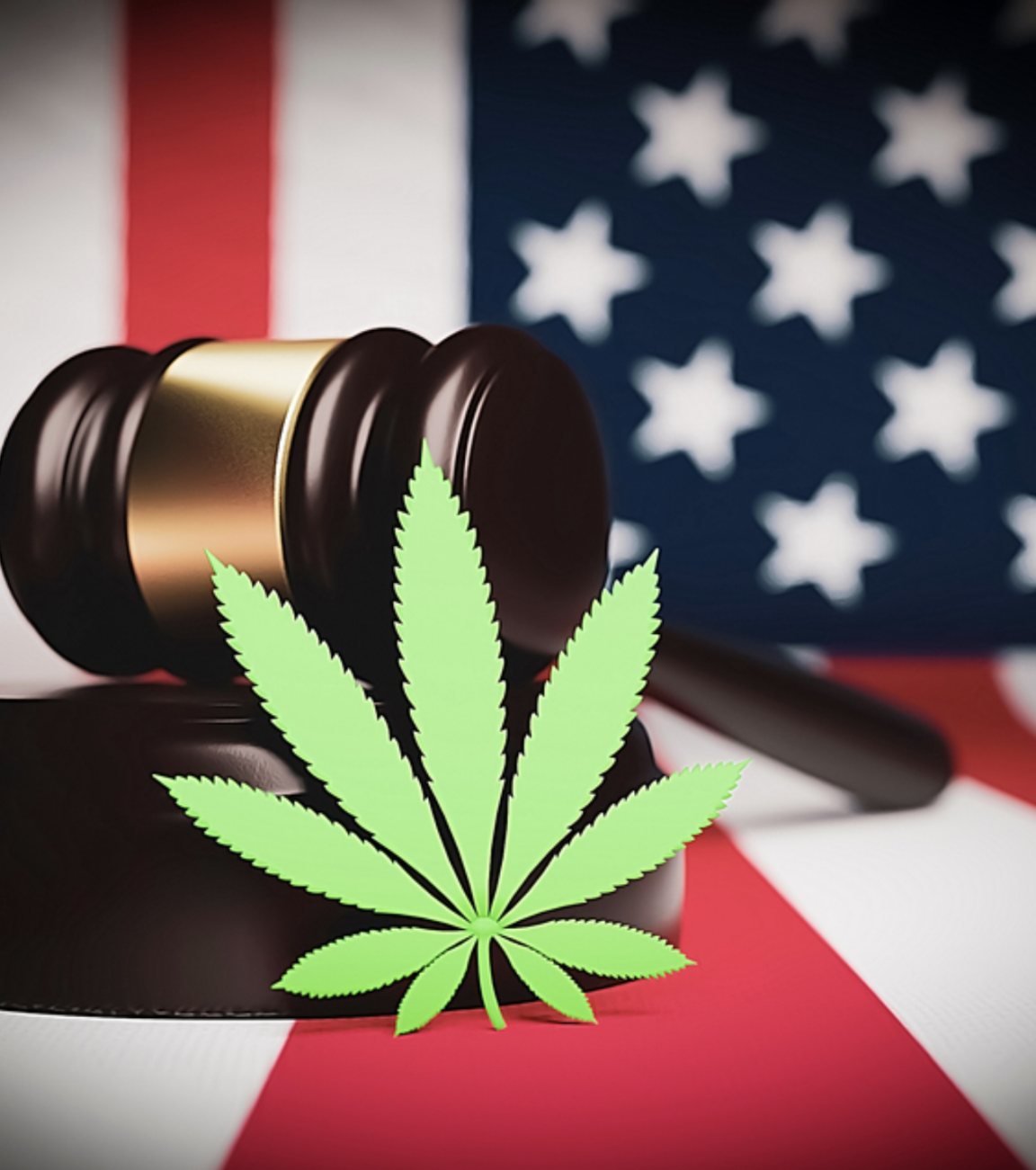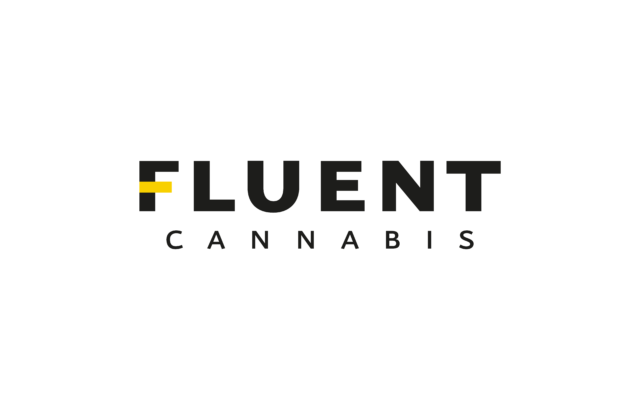This action could be the beginning of sweeping marijuana legislation reform in the United States. President Biden instructed Secretary of Health and Human Services Xavier Becerra and U.S. Attorney General Merrick Garland to conduct additional analysis of federal drug laws. Specifically, the President has asked Becerra and Garland to review how marijuana is classified.
Simple Marijuana Possession Offense Pardons
The entire proclamation from President Biden is available via the official White House website. It provides additional details regarding the specific effects and limitations of this pardon. Furthermore, the proclamation notes that the Attorney General is to work with the Pardon Attorney to accept pardon applications “as soon as reasonably practicable.” From there, the Attorney General and Pardon Attorney will work to review the applications and issue certificates of pardon to eligible applicants.
Controlled Substances Act: 21 U.S.C. 844
The Biden marijuana pardon specifically relates to federal marijuana convictions for simple possession violating the Controlled Substances Act. This act is currently organized into the United States Code at 21 U.S.C. 844. In the District of Columbia, the relevant marijuana possession laws come from D.C. Code 48–904.01(d)(1).
21 U.S.C. 844 is the federal law related to the simple possession of controlled substances in the United States. It states that citizens and visitors in the United States are forbidden from knowingly or intentionally possessing a controlled substance. There are exceptions for specific instances, like when the individual received the controlled substance through a valid prescription.
These are not specifically marijuana possession laws. They apply to a wide variety of controlled substances, and the United States has considered marijuana a controlled substance in recent history. The Controlled Substances Act includes information about how courts might assess and hand down penalties for possession of a controlled substance.
What Does This Mean for Those Who Have Been Charged with Marijuana Possession?
Beyond politics and legal documentation, what does this mean for people with federal marijuana convictions? For those convicted under federal marijuana laws or in Washington, D.C., the Biden marijuana pardon means they can apply for pardons. This news is excellent for several thousand people convicted of simple marijuana possession.
Unfortunately, this pardon does not extend to all states. Compared to the thousands of people with federal marijuana convictions, many millions have been arrested for marijuana possession under state and local laws. Those people will not be able to apply for a pardon based on President Biden’s recent action. This news might not be what you wanted if you have a state or local marijuana possession conviction, but there is still some reason for optimism.
President Biden called for governors to take action in their states, too. It remains to be seen how governors will respond. Depending on party politics and other factors, governors can choose to issue pardons or ignore Biden’s request.
How Will Governors Respond to Biden’s Marijuana Pardon?
In an interview with Vox, cannabis lobbyist Justin Strekal said Biden could have gone further, “but now citizens around the country can leverage that example to build pressure on state and local officials to follow in his footsteps, as some governors already have.”
Strekal notes that some governors have already taken action to pardon citizens for simple marijuana possession. A few examples include the following, all of which happened even before the recent proclamation from the White House:
- In California, Gavin Newsom issued pardons for low-level cannabis convictions.
- Jared Polis did the same thing in Colorado.
- Illinois Governor J.B. Pritzker expunged almost 500,000 marijuana arrest records and pardoned thousands more at the end of 2020.
How Do Other Politicians Feel About Cannabis Reform?
Biden’s announcement about federal marijuana convictions has received some support from both major political parties in the United States. The most vocal support is coming from his party, the Democrats. For example, Congressman Earl Blumenauer, the founder, and co-chair of the Congressional Cannabis Caucus, sent an official statement to none other than High Times.
In his statement, Blumenauer discusses the importance of pardoning low-level marijuana offenses. He calls it “unthinkable” for people to be imprisoned for the nonviolent crime of simple cannabis possession and notes that marijuana possession laws have disproportionately affected people of color. Blumenauer goes on to add the following about the changing opinions on marijuana in the United States:
“There was a time when this was controversial. Yet, for several years, the federal government has been left behind by people and states who did not wait. More than two-thirds of the public support full legalization, and even half of the American Republicans are also ready to end this chapter of the failed war on drugs. We welcome this action and hope it is the first of several noncontroversial critical steps to promote justice, equity, and rational policy.”
Based on the outpouring of support, Biden’s calls to reschedule cannabis might help accelerate change. Cannabis is currently scheduled alongside heroin and other drugs that are considered to be very dangerous. Biden stated: “We classify marijuana at the same level as heroin — and more serious than fentanyl. It makes no sense.”
Public opinion is also on the side of marijuana reform, if not comprehensive legislation. This opinion holds for supporters of both major parties. The overwhelming majority of states have taken at least some steps toward legalization, and pressure continues to build on politicians in other states. As social views evolve and stigma disappears, there is less resistance to marijuana reform. People even realize that multiple U.S. Presidents tried marijuana.
Justice Department Statement on President’s Announcements Regarding Simple Possession of Marijuana
The Justice Department released its statement in response to Biden’s proclamation, offering full support. On the very same day as Biden’s announcement (10/6/22), spokesman Anthony Coley said, “The Justice Department will expeditiously administer the President’s proclamation, which pardons individuals who engaged in simple possession of marijuana, restoring political, civil, and other rights to those convicted of that offense. In the coming days, the Office of the Pardon Attorney will begin implementing a process to provide impacted individuals with certificates of pardon.”
The Justice Department further vows to work with the Department of Health and Human Services to assess how marijuana is scheduled under federal law. The statement references a scientific review of marijuana related to federal law, potentially indicating that cannabis might be rescheduled. If nothing else, we might come out of this with more research that helps people learn what they need to know about marijuana.
How Many People are in Prison for Marijuana Charges?
Currently, there aren’t very many people in jail for simple possession of marijuana. The U.S. Sentencing Commission reported 1,005 people were in federal prison for trafficking marijuana. Compare this to the roughly 3,500 people in federal prison for the same reason as recently as 2015. It’s essential to make a distinction between trafficking and possession as well.
Data from the Bureau of Justice Statistics indicates that more than 99% of federal drug offenders are sentenced for trafficking. Additional data from the U.S. Sentencing Commission showed that only 92 people were convicted for marijuana possession in the federal system in 2017. Still, those are 92 lives changed by Biden’s marijuana pardon. Furthermore, these pardons can help people who have had federal marijuana convictions for possession in the past.
Shop Florida’s Best Cannabis Products at FLUENT
If this news affects you personally, or if you’re just glad to see progress toward marijuana legalization, we hope you will celebrate with us. FLUENT Cannabis Care is excited to continue connecting our patients and customers with legal, accessible marijuana. We hope you find a dispensary and see us soon.



